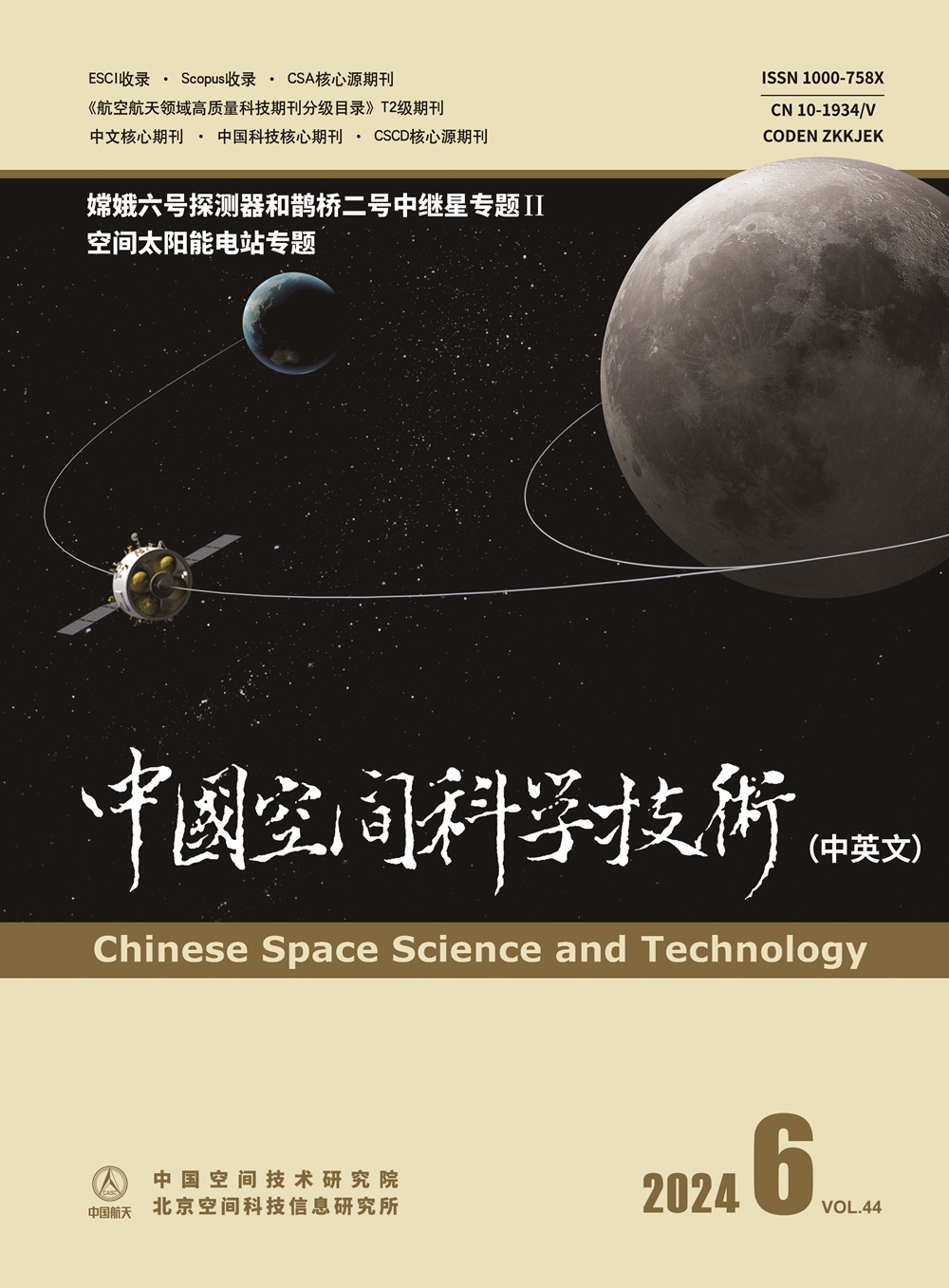A Bridge Neural Network-Based Optical-SAR Image Joint Intelligent Interpretation Framework
IF 0.5
4区 工程技术
Q4 ENGINEERING, AEROSPACE
引用次数: 17
Abstract
The current interpretation technology of remote sensing images is mainly focused on single-modal data, which cannot fully utilize the complementary and correlated information of multimodal data with heterogeneous characteristics, especially for synthetic aperture radar (SAR) data and optical imagery. To solve this problem, we propose a bridge neural network- (BNN-) based optical-SAR image joint intelligent interpretation framework, optimizing the feature correlation between optical and SAR images through optical-SAR matching tasks. It adopts BNN to effectively improve the capability of common feature extraction of optical and SAR images and thus improving the accuracy and application scenarios of specific intelligent interpretation tasks for optical-SAR/SAR/optical images. Specifically, BNN projects optical and SAR images into a common feature space and mines their correlation through pair matching. Further, to deeply exploit the correlation between optical and SAR images and ensure the great representation learning ability of BNN, we build the QXS-SAROPT dataset containing 20,000 pairs of perfectly aligned optical-SAR image patches with diverse scenes of high resolutions. Experimental results on optical-to-SAR crossmodal object detection demonstrate the effectiveness and superiority of our framework. In particular, based on the QXS-SAROPT dataset, our framework can achieve up to 96% high accuracy on four benchmark SAR ship detection datasets.基于桥式神经网络的光学- sar图像联合智能解译框架
目前的遥感图像解译技术主要集中在单模态数据上,不能充分利用具有异构特征的多模态数据的互补和相关信息,特别是合成孔径雷达(SAR)数据和光学图像。为了解决这一问题,我们提出了一种基于桥式神经网络(BNN)的光学-SAR图像联合智能解译框架,通过光学-SAR匹配任务优化光学图像与SAR图像之间的特征相关性。采用BNN有效提高了光学和SAR图像的共同特征提取能力,从而提高了光学-SAR/SAR/光学图像特定智能解译任务的精度和应用场景。具体来说,BNN将光学图像和SAR图像投影到一个共同的特征空间中,并通过对匹配挖掘它们之间的相关性。此外,为了深入挖掘光学图像与SAR图像之间的相关性,并确保BNN具有良好的表征学习能力,我们构建了包含20,000对高分辨率不同场景的完美对齐光学-SAR图像块的QXS-SAROPT数据集。光学- sar交叉模态目标检测实验结果验证了该框架的有效性和优越性。特别是,基于QXS-SAROPT数据集,我们的框架可以在四个基准SAR船舶检测数据集上实现高达96%的高精度。
本文章由计算机程序翻译,如有差异,请以英文原文为准。
求助全文
约1分钟内获得全文
求助全文
来源期刊

中国空间科学技术
ENGINEERING, AEROSPACE-
CiteScore
1.80
自引率
66.70%
发文量
3141
期刊介绍:
"China Space Science and Technology" is sponsored by the China Academy of Space Technology. It is an academic and technical journal that comprehensively and systematically reflects China's spacecraft engineering technology. The purpose of this journal is to "exchange scientific research results, explore cutting-edge technologies, activate academic research, promote talent growth, and serve the space industry", and strive to make "China Space Science and Technology" a first-class academic and technical journal in China.
This journal follows the principle of "let a hundred flowers bloom and a hundred schools of thought contend", promotes academic democracy, and actively carries out academic discussions, making this journal an important platform for Chinese space science and technology personnel to publish research results, conduct academic exchanges, and explore cutting-edge technologies; it has become an important window for promoting and displaying China's academic achievements in space technology.
 求助内容:
求助内容: 应助结果提醒方式:
应助结果提醒方式:


